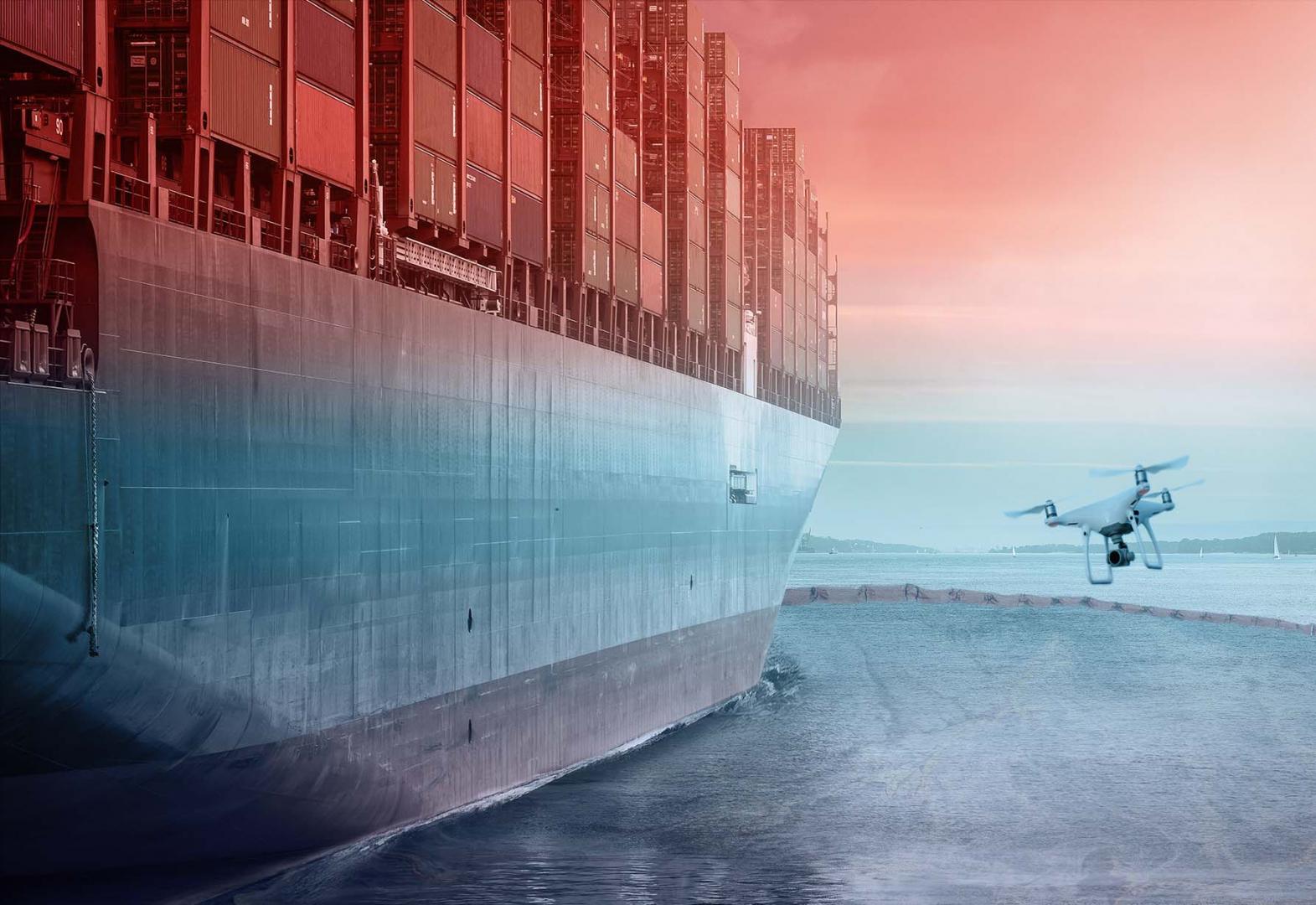

Canada’s abundant lakes, rivers, and coastlines need to be kept clean for our health, our ecosystems, our economy and our future.
Oil spills put the health of our communities, coasts, and ecosystems at risk.
Canada already has one of the strongest marine safety systems in the world, but we must become even better at detecting and responding to oil spills.
That’s why Natural Resources Canada is launching the $10 million Oil Spill Response Challenge.
We are looking for innovative solutions to:
Do you have an idea that could improve oil spill response in Canada?
You could receive up to $1.3 million to develop your solution and the opportunity to compete for a grand prize of $2 million.
Visit impact.canada.ca to learn more and apply.
The Government of Canada is calling on innovators to develop solutions to help protect and preserve Canada’s natural heritage and communities from the devastating impacts of oil spills. If you work in the area of oil spill detection, oil spill recovery or other fields such as science and engineering, biochemistry, data analytics, remote sensing and robotics, and have a passion about protecting the environment, the Oil Spill Response Challenge may be for you!
We are looking for innovators to advance innovative and rapidly deployable oil spill response solutions to effectively improve response time and/or increase recovery of oil spilt in diverse Canadian aquatic environments when compared against conventional technology. With the right idea and knowledge on how to get there, you could be awarded up to $1.3M to develop and test your prototype. The grand prize winner will then receive an additional $2M to continue to commercialise their technology!
More than 4 million barrels of oil are moved through Canada every day by various means, including cargo ship, rail, transport truck and pipeline. While Canada has a world-leading marine safety system that ensures we can respond quickly to spills in Canadian waters, oil spills remain a risk. Even a relatively small oil spill can have devastating effects on surrounding ecosystems, wildlife, and communities, especially coastal and Indigenous communities.
With over 240,000km of coastline and 890,000km 2 of freshwater spread across the nation, and with particularly challenging weather and geographical conditions, Canada needs oil spill response solutions suited to our diverse aquatic environments. It is crucial to detect and respond quickly and effectively to reduce the impact on oil spilt in freshwater, marine, Arctic, and remote environments. Building on Canada’s strong marine safety system, the Government of Canada is calling upon innovators to deliver game-changing solutions that effectively decrease response time and/or increase environmental recovery in diverse Canadian aquatic environments when compared against conventional technology.
To that end, Natural Resources Canada is investing in the expansion of its oil spill detection and recovery solutions by allocating up to $10M to accelerate the development of technologies that improve the detection of oil spills in real time and expedites recovery.
The Challenge will spark new ideas and engage diverse perspectives to spur the development of innovative and rapidly deployable solutions that improve oil spill response in diverse Canadian aquatic environments. The Detection Stream targets development of solutions that improve response time by improving detection time and data availability to inform and expedite emergency response measures. The Recovery Stream targets solutions that increase recovery of oil spilt in water.
Are you an innovator passionate about protecting the environment? Do you think your expertise can help solve this problem? Are you interested in improving the capabilities and testing the effectiveness of oil detection and cleanup technologies?
If so, we invite you to apply to the Oil Spill Response Challenge and have the opportunity to receive support for the development of your oil spill response technologies.

Solutions that improve the timeliness of oil spill detection, collection, consolidation and analysis of data to support incident command. This includes, but is not limited to:

Environmentally sustainable solutions that minimize the amount of oil that persists in aquatic environments following an incident and fosters environmental recovery.
Solutions include technologies that can be deployed to recover oil to the fullest extent, supporting oil spill emergency response operations.
Ten semi-finalists will be selected to receive up to $300,000 each to support the development of their technology prototype
Five finalists with the top solutions will be selected for up to an additional $1 million each to continue to scale and demonstrate their technology
$2 million Grand Prize will be given to the team with the best demonstrated technology
Eligible applicants to the Challenge include the following:
*Must have, or partner with, a legal entity in Canada.